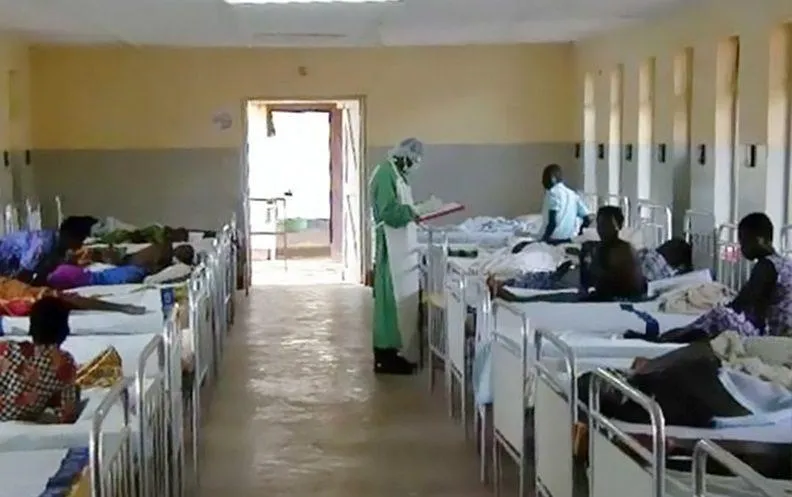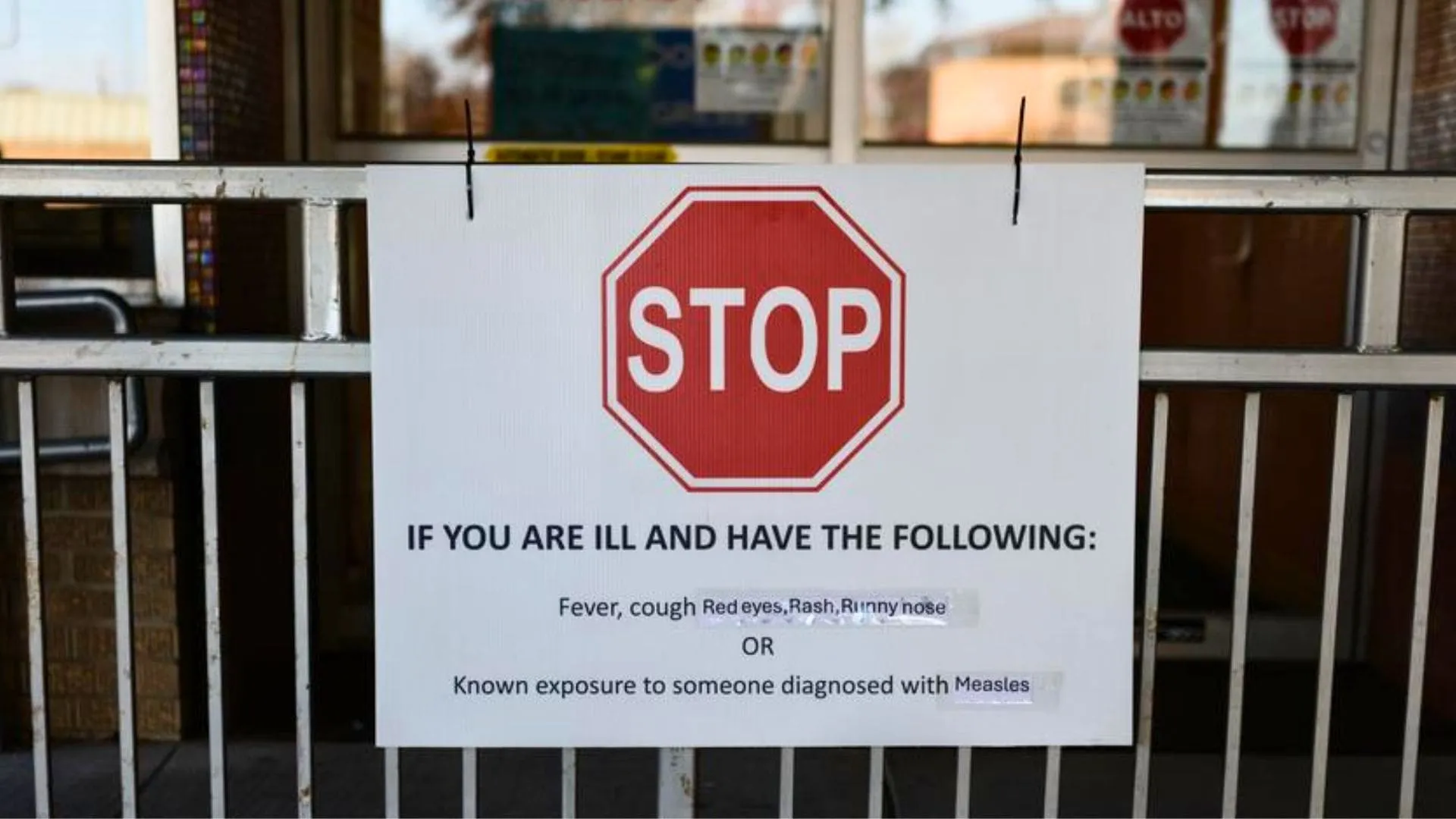Uganda has reached a significant turning point in its battle against the deadly Ebola virus. On February 18, 2025, the Ugandan government announced that the last eight patients infected with Ebola had recovered and were discharged. The country has reported no new deaths or infections, signaling a possible end to the latest outbreak.
The World Health Organization (WHO) praised Uganda’s rapid and coordinated response, stating that the milestone demonstrates the effectiveness of the country’s health infrastructure in managing the crisis. Most of the Ebola patients received treatment at Kampala’s main referral hospital, and all known cases have now been resolved.
The Outbreak and Its Impact
This outbreak, which was officially declared on January 30, 2025, took the life of a male nurse—the first and only confirmed fatality. His relatives were later hospitalized after contracting the virus. The swift action of Uganda’s health officials in tracking and isolating suspected cases played a crucial role in preventing further spread.
Health Minister Jane Ruth Aceng confirmed that at least 265 individuals were identified as possible contacts of infected patients. Of these, at least 90 have already completed their mandatory quarantine period and showed no symptoms of the virus. This is a crucial step in ensuring that Uganda can fully eliminate the risk of further infections.
Ebola: A Persistent Threat in Africa
Ebola is one of the most feared infectious diseases due to its high fatality rate and rapid spread through bodily fluids. The virus can be transmitted through direct contact with an infected person or contaminated materials such as clothing or medical equipment.
Symptoms of Ebola include:
- High fever
- Vomiting
- Diarrhea
- Muscle pain
- Internal and external bleeding in severe cases
The Sudan strain of Ebola, which was responsible for Uganda’s recent outbreak, currently has no approved vaccine. However, Ugandan health authorities have initiated clinical trials for a vaccine to evaluate its safety and effectiveness.
Uganda has faced multiple Ebola outbreaks in the past, with the most recent major one occurring in September 2022. That outbreak resulted in at least 55 deaths before being officially declared over four months later.
The Role of Contact Tracing in Controlling the Virus
One of the primary reasons Uganda has successfully contained this outbreak is its aggressive approach to contact tracing. This method involves identifying individuals who may have come into contact with an infected person and closely monitoring them for symptoms. By isolating and treating cases early, the health system prevented widespread transmission.
The WHO has frequently emphasized the importance of such measures in stopping outbreaks before they spiral out of control. Uganda’s experience highlights how a strong surveillance system can be the key to combating deadly diseases.
The Origins of Ebola and Its Impact on Global Health
The Ebola virus was first discovered in 1976 during simultaneous outbreaks in South Sudan and the Democratic Republic of the Congo (DRC). The virus was named after the Ebola River, near the site of its discovery. Scientists believe that the first human infections occur through direct contact with infected animals, such as bats or non-human primates. Eating raw or undercooked meat from infected animals is another suspected transmission route.
Ebola has repeatedly resurfaced in Central and West Africa, causing devastating outbreaks. The most severe outbreak occurred between 2014 and 2016 in West Africa, claiming over 11,000 lives and overwhelming healthcare systems in Guinea, Liberia, and Sierra Leone.
The global community has since made significant strides in developing vaccines and treatments for Ebola, but challenges remain, particularly with the Sudan strain. Uganda’s current success in containing the virus without a vaccine underscores the importance of early intervention and robust public health measures.
The Future of Uganda’s Ebola Response
Although this outbreak appears to be under control, Ugandan authorities are remaining vigilant. The country has increased investments in disease surveillance and healthcare infrastructure to prevent future outbreaks.
Key steps Uganda is taking include:
- Strengthening laboratory testing capabilities
- Training more healthcare workers in infectious disease management
- Expanding vaccination trials for future outbreaks
- Raising awareness about Ebola prevention among communities
The government, in collaboration with international health organizations, is also working on strategies to improve early detection and response mechanisms. Given Uganda’s history with Ebola outbreaks, continued vigilance will be necessary to prevent future health crises.
A Global Health Win, But Continued Caution Needed
Uganda’s successful containment of the Ebola outbreak is a positive development, not just for the country but for global public health. It serves as a model for how rapid response, effective contact tracing, and community engagement can limit the spread of highly infectious diseases.
While this outbreak has ended with minimal casualties, health experts warn that Ebola remains a serious threat. As new variants emerge and global travel increases, the risk of future outbreaks cannot be ignored. Continued investment in research, surveillance, and health infrastructure will be key to keeping Ebola and other infectious diseases under control.
For now, Uganda can celebrate a hard-fought victory, knowing that its healthcare system has proven resilient in the face of a deadly virus.























